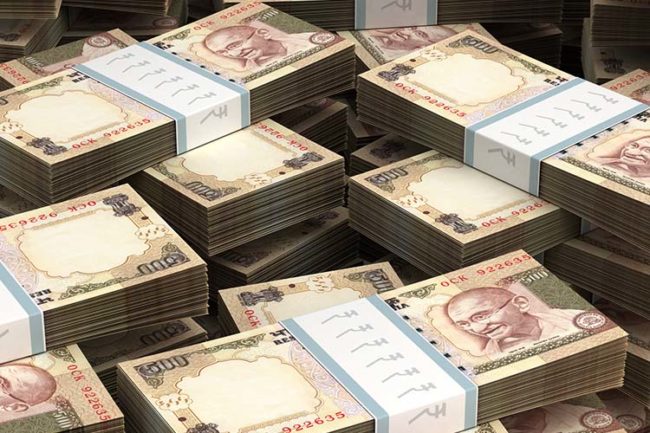What is fiscal policy?
Fiscal policy differs from monetary policy. Monetary policy refers to management of money supply and interest rate and is the demand side economic policy used by the monetary authority of a country, typically the central bank (in India RBI) or currency board of a country to achieve macroeconomic objectives like inflation, consumption, growth and liquidity.…








